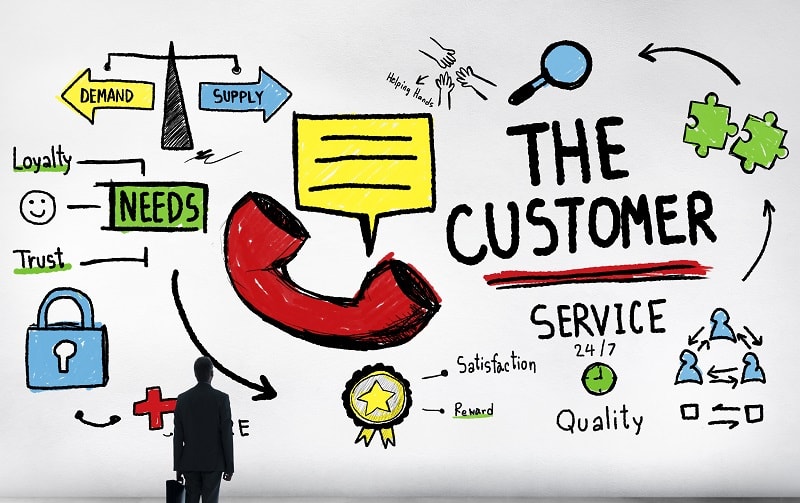At the end of every year, in December to be precise, our company’s ritual is to shut down the office for about two weeks around the Christmas and New Year holidays. We view this time as a time to sit back, relax from the Lagos hustle and bustle and reflect on the year while planning for the upcoming year.
We were a bit deliberate about our usual annual end of year retreat and strategy session in 2019. We decided to spend time away from the office and lodged in a resort for the weekend. Wow! We all took out time to reflect, bond and plan for 2020. We were pumped, optimistic and excited. Following the retreat, we were looking forward to relaxing, enjoying the holidays and preparing for 2020. Strangely, last December was our busiest ever and we had to support some of our clients such that, even though we shut our physical doors, we had quite a number of projects to work on that kept us busy. For me, as the Managing Consultant, it was a good start to the New Year and all I saw were opportunities. It was going to be a great year!
Fast forward to March 2020, the COVID-19 pandemic has hit the world. Life as we knew it changed and I have been forced to spend some time reevaluating our business strategy. The effect of the pandemic has also impacted all of our clients in one way or the other and we are having to determine what adjustments can be made to keep the business going. The biggest challenge is not about paying salaries for the next three to four months but how long can we survive in this mode and knowing when (or if) the economy will bounce back and start to stabilize.
That being said, the impact of the COVID-19 pandemic is going to significantly change the way we engage, do business and interact. I would like to share some of my thoughts on what will change in the workplace and also provide suggestions for what SMEs need to do in order to sustain their business.
Changes in the Workplace
- Social distancing / Virtual Interactions – there will be less contact among colleagues and externals. A lot of conversations with our clients and vendors will be done virtually and remotely. Companies who shied away from virtual meetings will have no choice in today’s business world. This will now be the norm for our engagements. Fortunately for my company, we embraced the virtual space in doing our business years ago and have continued to update ourselves on how to utilize technology in improving the way we do business.
- Remote Working / Flexible Work Schedules – Part of the fallout from our strategy session in 2019 was to initiate a test run on working remotely. For companies that have been thinking about this, scared to implement this, not sure if your people will adhere, the lockdown was your test run. The pandemic has necessitated mandatory remote working for most companies. By now, you should know what challenges there are with remote working, how well it works and what needs to be modified.
What can SMEs do?
Unfortunately, as an SME, our options for managing the economic impact of the lock-down due to the pandemic are limited. I have listed a few things you may want to consider as an SME that can help your organization through this time.
- Review our business strategy for 2020 – What has changed and how do you need to adjust? Even after the lock-down, what product or service line will decline and what are the opportunities you see? What services or products can you take to the internet? What gaps have you noticed and are there new product or service lines you can introduce?
- Create a policy around remote working which will guide your team on expectations and process. Your focus should be on deliverables and timelines as opposed to clocking in. What you can do to ensure people are working, engaged and on track with deliverables is to schedule regular check-ins. You may want to start off with working remotely twice a week and see how well your team embraces this. This may not work for all companies so it is important that you evaluate the nature of your business and compatibility.
- Where can you make adjustments? – Unfortunately, as an SME, you may not have a huge budget and “people cost” may be the first to get a cut. Here are some suggestions below;
- Review your Operating Expenses (OPEX) and see what adjustments can be made.
- You may find, you do not have enough to keep everybody on full salaries. Can slight salary cuts be made in order to keep all the people you need? You will have to engage with your employees and communicate changes in salaries to them if you decide to go this route.
- From a HR perspective, the last thing any business wants to do is cut jobs, unfortunately, as an SME you may not be able to cushion not cutting jobs. Keep top talent and essential roles, trust me, you will need them when things begin to pick up and you do not want to start searching for talent when you should be recuperating. If you have to do this, communicate lay-offs formally, comply with the terms of engagement and be empathetic when having the one on one discussions with employees. Consider cutting non-critical roles first, then people who may have performance challenges and are struggling. I cannot overemphasize the importance of adhering to the terms of the contract by giving appropriate notice or salary in lieu of notice.
These are very difficult times that no one anticipated, imagined or can predict what lies ahead. We must however stay focused, determined and resolute in this fight to gain our lives back. Continue to stay safe and all the best with your business in 2020.




Leave A Comment